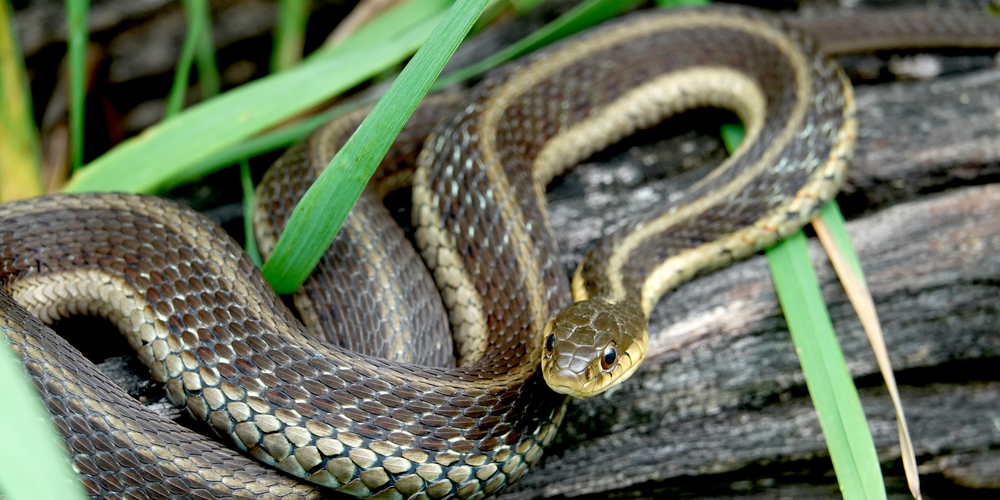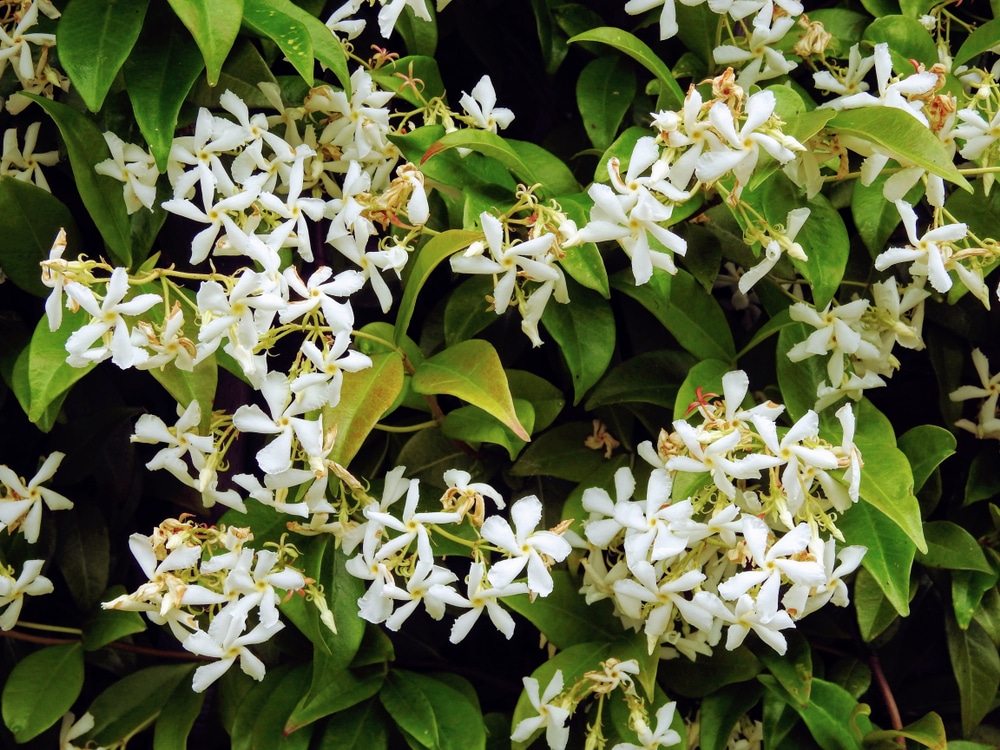With its delicate aroma and snow-white flowers, it’s no wonder jasmine is a wildly popular plant in many gardens. These graceful vining shrubs attract an assortment of pollinators, such as bees and butterflies, when their sweet fragrance fills the air from spring to fall. But does jasmine attract snakes? The answer is yes, but not for the reason you might think.
Why Does Jasmine Attract Snakes?
The flowers of the jasmine plant emit a sweet scent that many people find appealing; however, this is of little interest to snakes. Instead, it’s the rodents and birds that are drawn to the jasmine plant that entice snakes. Not surprisingly, rodents and young birds are a favorite food source for snakes, so it’s not surprising that they would be attracted to an area with an abundance of them.
In addition, jasmine plants often provide much-needed shade for snakes on hot summer days. Snakes are cold-blooded or ectothermic, meaning they rely on their surrounding environment to regulate their body temperature. So, a jasmine plant can be a lifesaver for a snake on days when the sun is bearing down and temperatures soar.
What Kinds of Snakes Does Jasmine Attract?
While the type of snakes likely to be drawn to a jasmine plant largely depends on where you live, some North American species are commonly found in gardens and lawns across the continent. These include garter snakes, rat snakes, and corn snakes – all of whom pose little threat to humans.
Of course, you’ll want to be cautious of certain snakes, such as the venomous copperhead and rattlesnake, if you live in an area where these snakes reside. Plus, if you have young children or pets, it’s especially important to take precautions to keep them safe from harm, as these aggressively territorial snakes can be deadly.
How To Keep Snakes Away From Jasmine Plants?
If you’re concerned about snakes taking up residence near your jasmine plant, you can do a few things to deter them. First, keep your yard free of debris and tall grass, as these provide ideal hiding spots for rodents and snakes. You’ll make your yard less attractive to snakes by eliminating food sources and potential hiding places.
Some plants, such as marigolds, lemongrass, and garlic, have strong scents that snakes dislike. So, when planted around the perimeter of your yard or jasmine plants, these plants create a barrier that snakes are less likely to cross.
You can also spray your jasmine plant with a snake repellent solution – just choose a repellent that’s safe for use around plants, and follow the manufacturer’s instructions for application.
Note: If you aren’t particularly concerned about having snakes in your yard, consider letting the harmless ones stay. Snakes are essential to their ecosystems and help keep rodent populations in check!
Conclusion
So there you have it. While jasmine plants don’t actually attract snakes, there’s no doubt they provide an ideal environment for these reptiles to thrive. Jasmine shrubs offer shade from the sun and a plentiful food source for snakes in the form of rodents and birds. So can we really blame them for seeking out such a hospitable environment?
However, if you’re not fond of snakes, you can deter them from your jasmine plant by taking simple precautions. Keep your yard clean and debris-free, by regularly pruning jasmine and other shrubs. Consider planting some snake-repelling plants around the perimeter. By taking some preemptive action, you can keep snakes away from your jasmine plant – and enjoy its sweet fragrance without worry.

